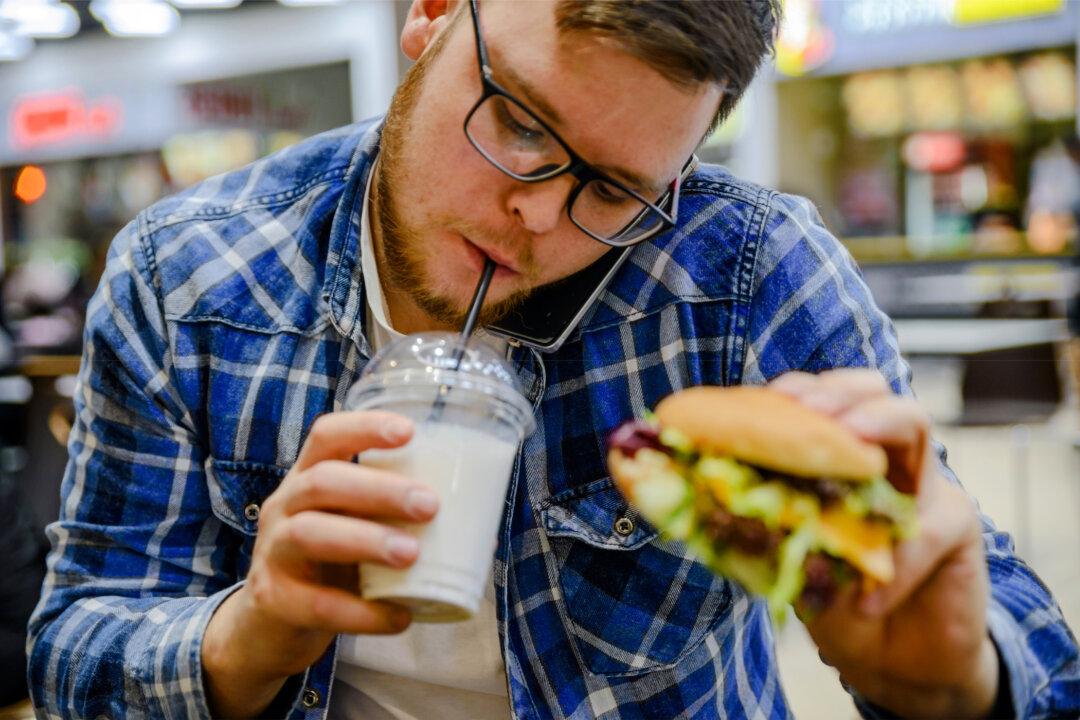Eating your food too fast may harm your body in ways you never considered. Research shows it may up your odds of developing heart disease, diabetes and stroke, not to mention tipping the scales in the wrong direction. But there are methods to turn this habit around, especially if you approach it mindfully.
STORY AT-A-GLANCE
- Gobbling down your food too fast when you eat may not only eventually require loosening your belt; it may even contribute to the development of metabolic conditions and three of the most serious disease risks
- 1 out of 3 adults in the U.S. have metabolic syndrome
- The longer you chew, the more time enzymes in your saliva have to start the digestion process, and could reduce how much you eat by almost 15%, which over time could represent a significant weight loss
- Creating a calm environment by minimizing distractions and putting down your utensils between bites are two ways you can mindfully approach eating more slowly, for both your nutritional and emotional health
At least one study shows that the habit of “shoveling in” one bite after another may not only require you to loosen your belt; it may even up your odds for one or more of the “big three” cardiometabolic conditions: heart disease, diabetes and stroke, and what’s known as a “cluster” of five risk factors. Medical News Today[1] lists them:
- High blood pressure
- High triglycerides (the fats found in the blood)
- High fasting blood sugar
- Low high-density lipoprotein (HDL) cholesterol
- A large waistline






